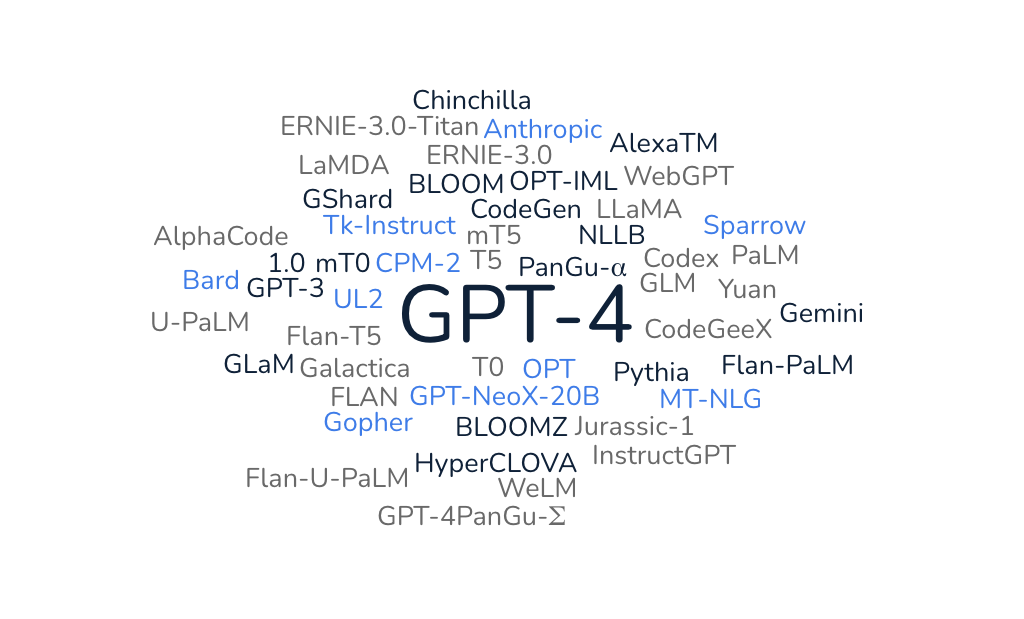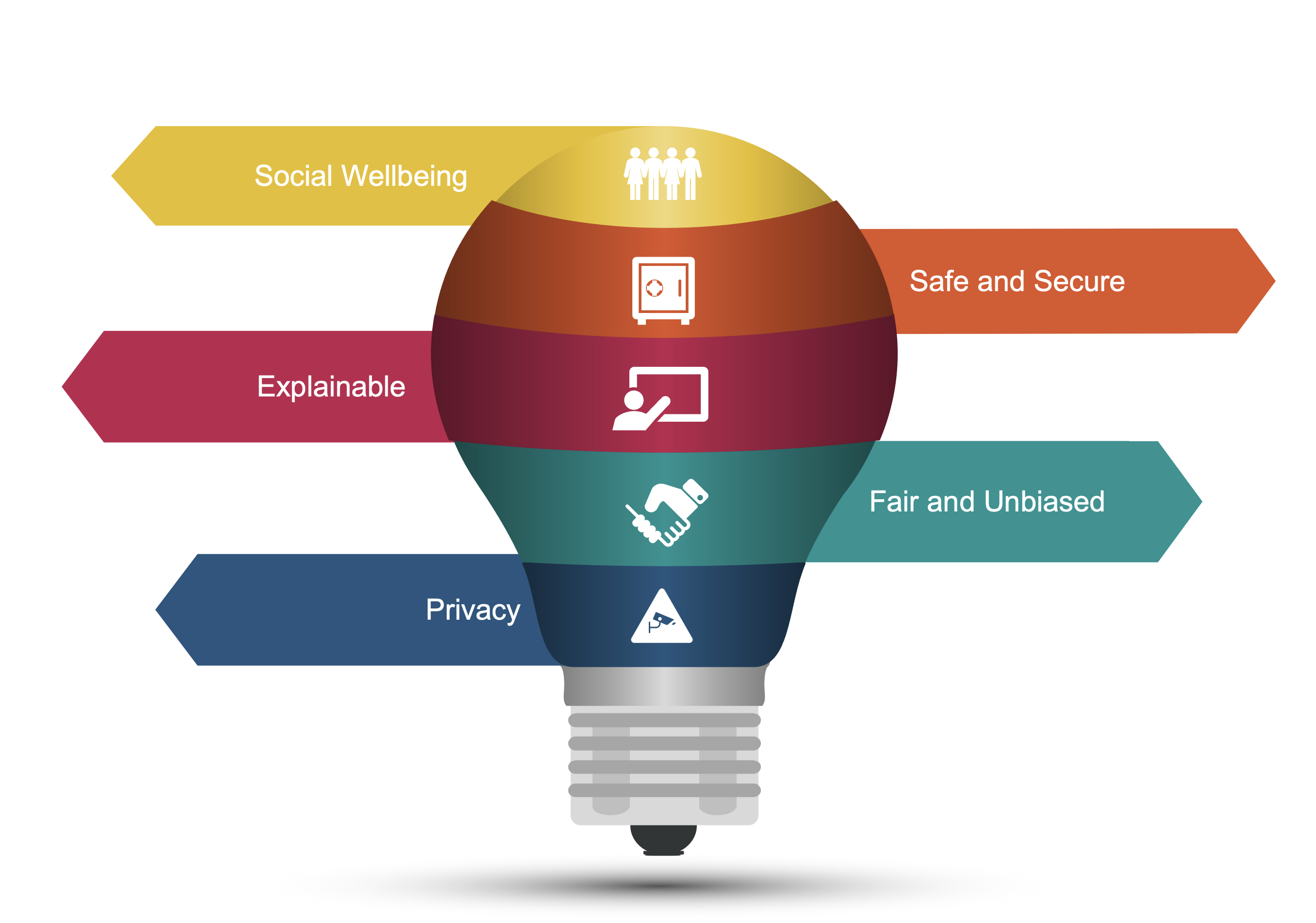LLM Selection
Large Language Model (LLM) selection refers to the process of choosing an appropriate large-scale language model, for a specific task or application. The selection process involves evaluating the model's performance, efficiency, and suitability for the desired application, considering factors like language comprehension, creativity, and adaptability to various use cases.
While some companies prefer to use third-party hosted LLM services, others may choose to host the LLM within their controlled environment. The reason behind this decision is often due to the proprietary information being shared outside of the organization. Hosting LLM services in-house allows companies to have greater control over their data, ensuring that sensitive information is kept confidential and secure. Therefore, companies need to evaluate their options carefully and choose the LLM service that best fits their business needs and goals.

Use Case Evaluation

Various organizations are utilizing Generative AI for different use cases, requiring a meticulous assessment to match their unique requirements and regulatory needs.
Some of the common use cases are:
- Content Creation - Generating new conent based on your existing content or on public information
- Language translations and Transcription - Convert text from one human spoken language to another or generate transcript from a multi-media content
- Chatbots - Build virtual assistants with Generative AI backend
- Question & Answer System - Build a ChatGPT-like interface but with your domain-specific content
- Code Completion - Build an internal code copilot under a controlled environment
- Other areas - Brainstrom or explore other areas with us and see how GenAI can help optimize operations and improve productivity.
Ethical Use of AI
The ethical use of AI involves adhering to a set of ethical principles and guidelines to ensure that AI technologies are used in a manner that respects human rights, fairness, transparency, accountability, and societal well-being.
Key aspects of the ethical use of AI include:
- Privacy - Respecting and protecting user privacy by implementing robust data security measures
- Fair and unbiased - AI systems treat all individuals and groups fairly and without discrimination
- Explainable - The system’s decision-making processes can be understood and interpreted by humans
- Safe and Secure - Incorporating strong security measures to safeguard AI systems against unauthorized access, manipulation, or malicious use
- Social Wellbeing - Focus on positive societal impact and avoiding uses of AI that could harm individuals or communities.

